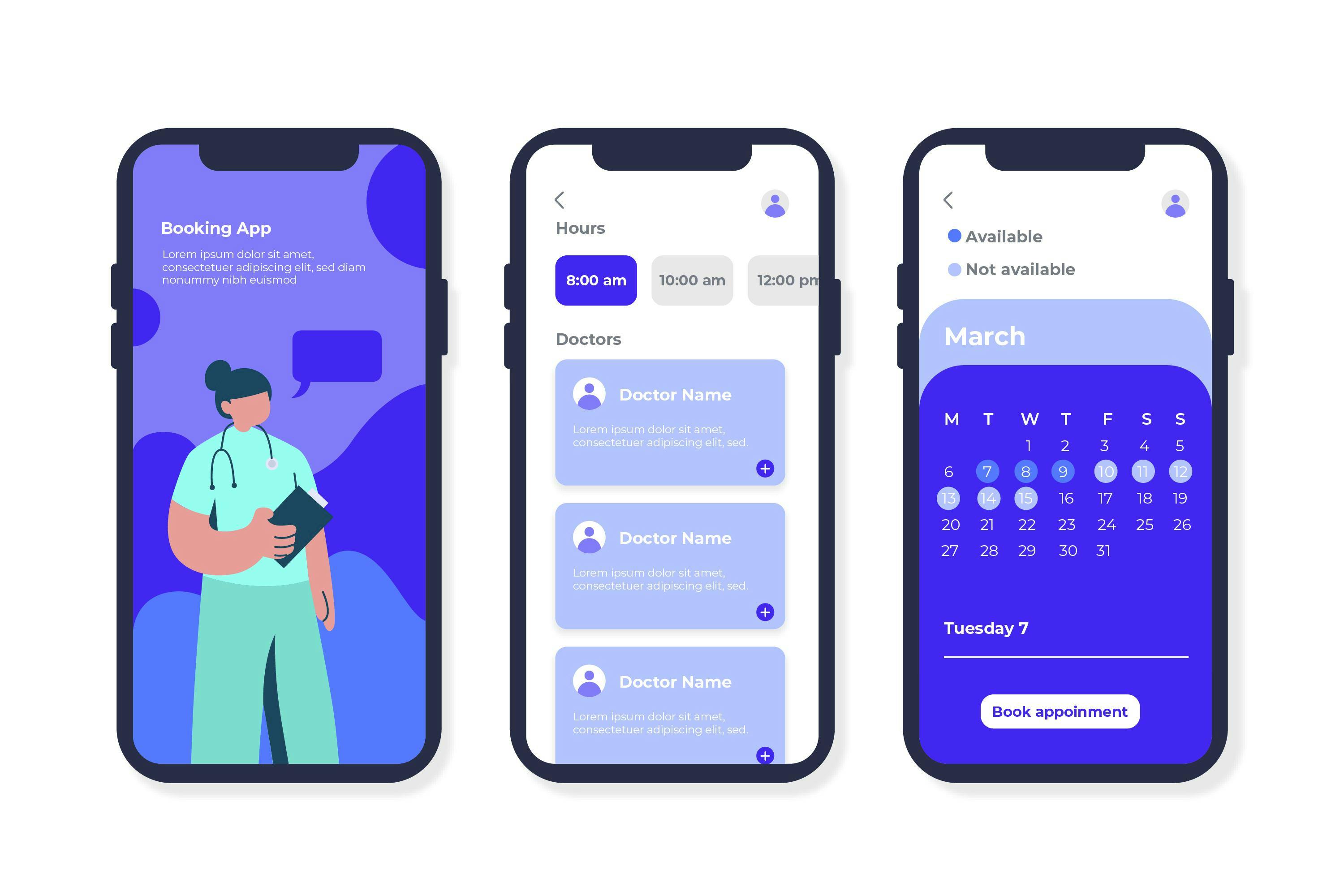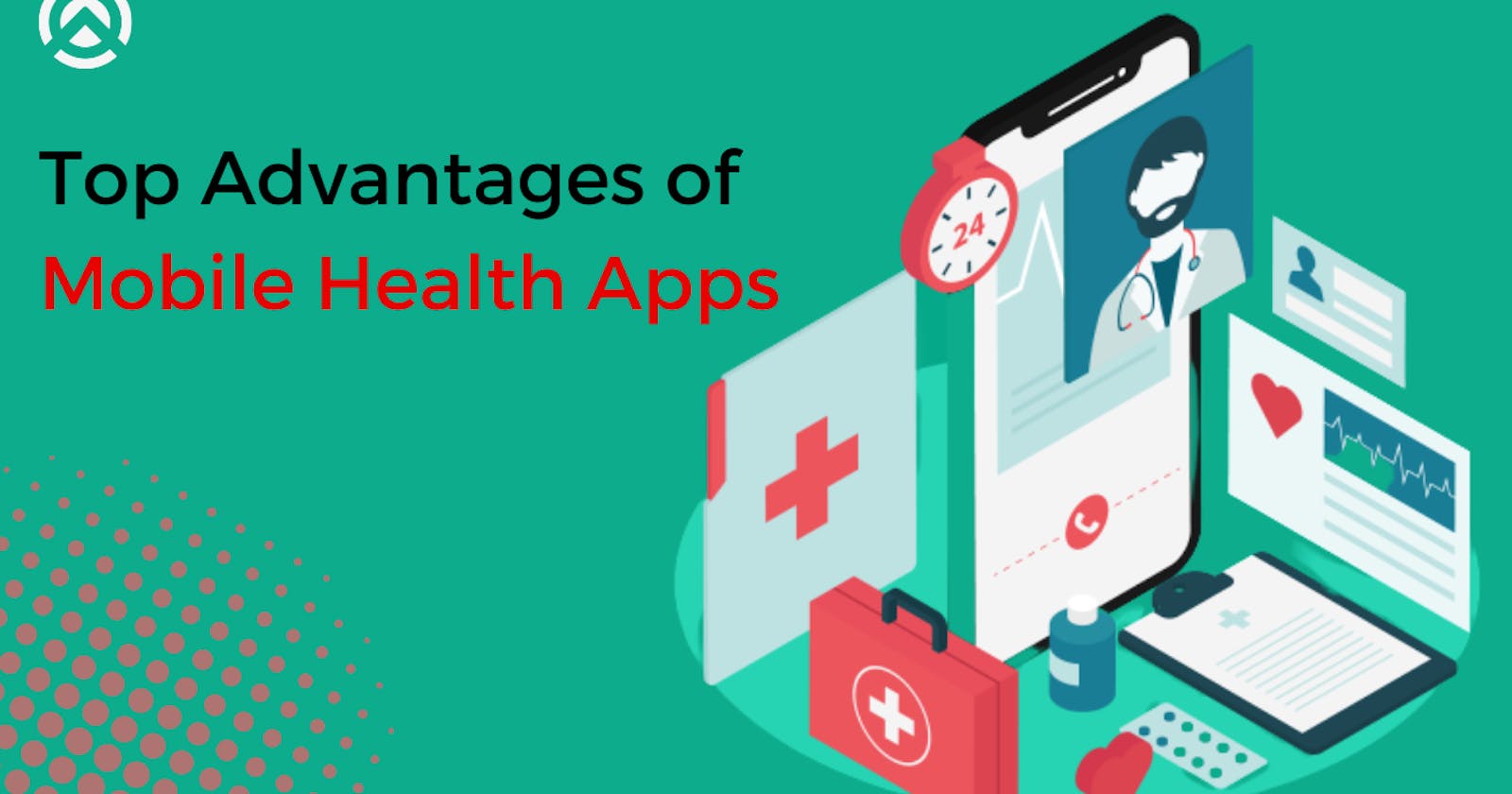In recent years, the popularity of mHealth apps, also known as mobile health apps, has surged as people strive for enhanced management of their well-being. According to statista, the global mHealth market is projected to expand significantly from 2017 to 2025. In 2018, worldwide revenues reached approximately 28 billion U.S. dollars, with estimations indicating a rise to approximately 247 billion dollars by 2025.
As the popularity of mHealth apps continues to grow, an increasing number of people are utilizing them to track and maintain their well-being. These apps provide numerous advantages, such as enhanced accessibility to healthcare services, personalized care, convenience, heightened patient engagement and adherence, expanded data-sharing capabilities, and improved health outcomes. By utilizing mHealth apps, individuals can effectively manage their health conditions, access medical guidance and treatment from a distance, and make informed choices regarding their well-being.
This blog aims to examine the extensive advantages offered by mHealth apps and their significant impact on the healthcare sector. The rising popularity of mHealth apps has sparked a surge in healthcare app development, with numerous companies investing in the creation of innovative and user-friendly applications. Let's delve deeper into the benefits of mHealth apps and understand why they are rapidly emerging as indispensable tools for effectively managing personal health and well-being.
Enhanced Healthcare Accessibility via mHealth Apps
mHealth apps offer a notable advantage by enhancing access to healthcare services. For instance, individuals residing in rural or remote regions often face challenges in accessing healthcare facilities. Through the utilization of mHealth apps, they can remotely consult with healthcare professionals, receiving medical advice and treatment without the need to travel. Likewise, individuals who are unable to leave their homes due to illness or disability can utilize mHealth apps to conveniently access essential healthcare services.

Customized Healthcare Experience
mHealth apps, developed by healthcare mobile app development company, provide a remarkable benefit by offering a personalized approach to healthcare. These apps enable individuals to receive tailored care based on their unique needs and health conditions. By leveraging the features and functionalities developed by healthcare mobile app development companies, users can access personalized health information, track their progress, and receive targeted recommendations for managing their well-being. This personalized care empowers individuals to take an active role in their health journey and make informed decisions for optimal outcomes.
Enhanced Convenience and Time Efficiency
mHealth apps offer exceptional convenience and time-saving benefits. They eliminate the necessity of physically visiting healthcare facilities, particularly advantageous for individuals residing at a distance or with limited mobility. Moreover, numerous mHealth apps provide features enabling users to conveniently schedule appointments, order medication, and access their medical records online. By streamlining these processes, mHealth apps effectively save time and effort, providing users with greater convenience in managing their healthcare needs.
Enhanced Patient Engagement and Treatment Adherence
mHealth apps have demonstrated a notable ability to improve patient engagement and adherence. By offering real-time feedback on health and wellness, these apps motivate individuals to take proactive steps towards improving their well-being. For instance, an mHealth app can deliver timely notifications, reminding users to take prescribed medication, perform recommended exercises, or adhere to specific treatment protocols. Such features significantly enhance treatment adherence, ultimately resulting in improved health outcomes for individuals utilizing mHealth apps.
Enhanced Data Sharing Capabilities
mHealth apps enable heightened data sharing between patients and healthcare professionals. Users can utilize these apps to seamlessly share their health data with healthcare providers, empowering them to make well-informed treatment decisions. Additionally, healthcare professionals can leverage these apps to remotely monitor patients' health status and offer necessary advice and support. The increased data sharing facilitated by mHealth apps strengthens the collaboration between patients and healthcare providers, leading to more comprehensive and personalized care.
Enhanced Health Outcomes
Lastly, mHealth apps have demonstrated the ability to significantly improve health outcomes. Research has revealed that individuals who utilize mHealth apps to manage chronic conditions, such as diabetes or hypertension, achieve better health outcomes compared to those who do not utilize such apps. These apps play a pivotal role in assisting individuals in effectively managing their health conditions, enabling them to make informed decisions and take proactive measures to optimize their well-being. The utilization of mHealth apps has proven to be instrumental in promoting improved health outcomes for users.
Read more: How Much Does it Cost to Build a Doctor Appointment App Like Zocdoc?
Conclusion
In conclusion, mHealth apps, developed by healthcare app developers, offer a wide array of advantages for individuals and healthcare professionals alike. They enhance healthcare accessibility, provide personalized care, offer convenience and time-saving benefits, improve patient engagement and adherence, enable increased data sharing, and ultimately lead to improved health outcomes. As the utilization of mHealth apps continues to expand, their significance in managing personal health and well-being is expected to grow steadily. The expertise and efforts of healthcare application development company play a crucial role in creating innovative and user-friendly mHealth apps that contribute to the overall advancement of healthcare services.
